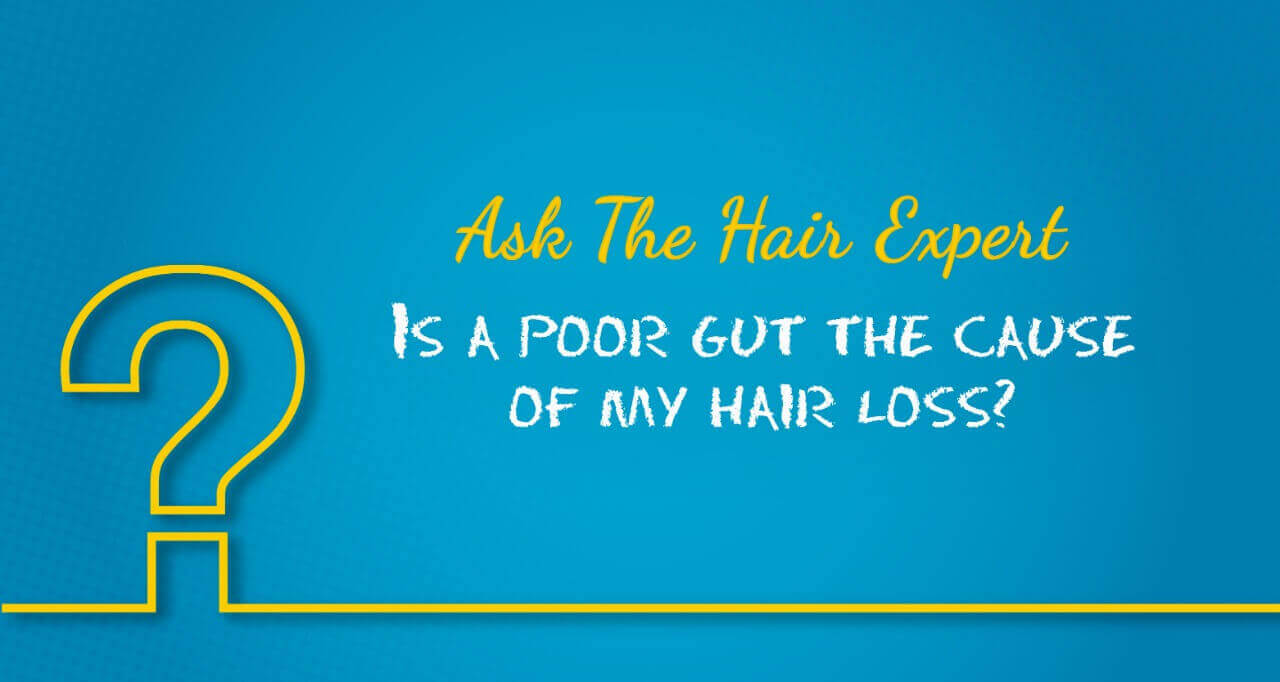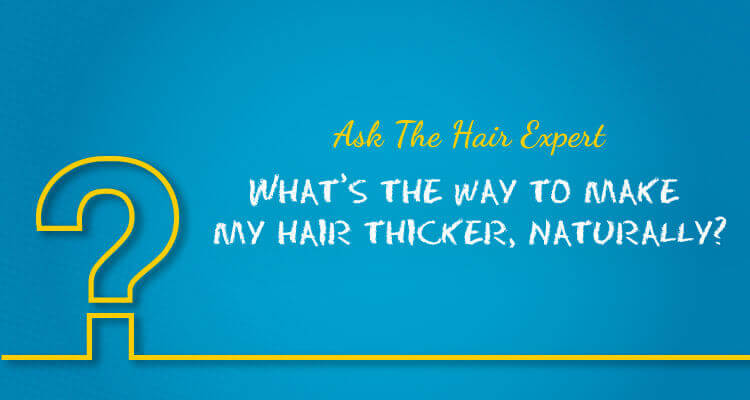Oiling and Shampooing. Something which most people do as part of their regular hair cleansing and hair care routine. But not all condition their hair after a shampoo. “Is there a need for it?”, “Conditioner is a luxury item, don’t need it!”, “I have cleaned my hair and it’s looking fine. Why do I need a Hair Conditioner?!”… very common questions we have heard during our consultations.
It may be true that conditioner is mainly looked at for detangling. And yes, using the wrong conditioner for your hair-type may end up weighing your hair down, making it greasy. But skipping the step altogether in your hair care routine would mean that you are missing out on all the benefits that it has to offer for your hair and it’s health!
This week we are going to address this often-spoken but least-actioned topic from our clinic discussions. These are the questions that we have heard from many of you and discussed during your visits.
We are hence back today, for the benefit of all our readers, with our Ask the Hair Expert series, to address questions on the need for hair conditioners and its right usage.
You asked: “Why do I need to use a Conditioner? Isn’t shampooing enough to care for my hair? How does a hair conditioner impact my already clean hair?!”
Here’s the answer from the Hair Experts.
Hair Conditioner DOES have an impact on your hair, and in a good way at that.
You just need to ensure that you have picked the right one for yourself and that it’s used right. Your Trichologist will help you nail this one.
And no, this is not just for women with long hair. Conditioning is most recommended for all genders, with hair short or long!
So, let’s first understand what happens to your hair when you condition it and how the process helps. We will also dish out some handy tips on how to use this wonder product right!
What’s the science behind hair conditioning?
Let us first explain how conditioning works. This process has to do with hair anatomy. (do read our blog on the topic to understand your hair inside and out!). Conditioning works on your hair’s outer most layer, the cuticle.
The cuticle is supposed to be flat and smooth for it to be healthy, look healthy, shiny and overall have a better body. Your hair looks alive and bouncy when your cuticle is smooth & healthy.
When you shampoo your hair, you clean the hair and scalp of dirt, grease, product build-up and excess oil. During this process, while the scalp is scrubbed clean, as is your hair, your hair’s cuticle is lifted up, perhaps a tad roughed up and left as such at the end of the wash. The shampoo doesn’t close your cuticle back.
Your hair conditioner does the job of smoothing these lifted cuticles and also helps balance the pH levels in your hair strands. This helps preserve and lock up the much-needed moisture levels, nutrients in your hair. If you are someone who colours your hair, then this process will also lock in the colour longer. You will notice that your colour doesn’t fade out too soon when you regularly condition your hair. As a result, your hair will not look dull or lifeless.
Cuticles are meant to be down smooth, and pointing down in the same direction like roof tiles! When they are lifted up at random, it will lead to tangling, breakage and overall hair damage. When you use a conditioner after your shampoo wash, you ensure that the cuticles are closed, smoothed down to the surface and thereby avoid tangling or breakage.
Choosing the right conditioner…
Choosing the right kind of conditioner for your hair type is the key to making the process effective and useful. The right kind of conditioner becomes the foundation for your hair styling. It helps fight frizziness, dryness, helps define those curls better, can add volume and bounce to your hair.
Conditioners come in a multitude of varieties these days. Many also come with added benefits like UV protection, some essential nutrients, hair repair elements, ingredients for hair strengthening, help with the reduction of split-ends etc. with a promise to keep your hair healthy and manageable.
Given this vast choice, you will need to use a conditioner that suits your hair type.
While we will brief you on this theoretically, it is recommended that you discuss this with your trichologist and take forward.
- If you are someone with thin, fine, wispy hair, you should look for a conditioner that will thicken your hair. Something that will help strengthen your hair by locking in moisture where needed.
- If you are someone with thick hair, then you do not have a volume concern. What you do need is a hydrating conditioner. This will help in keeping your hair nourished, mend those split ends, keep your hair strong and protect it from breakage.
- People with dry hair, need conditioners and deep-conditioning the most! You should opt for a vitamin-enriched conditioner that will repair the damage from dryness, replenish your hair cuticles and absorb all the moisture your dry hair needs. Look for conditioners that are specially made for dry hair.
- If you are amongst those with oily hair who avoid conditioners ‘cos you are worried about adding grease, please do not skip conditioning. We agree that oily hair can be tricky to manage and master, but we do urge you to condition it right and look after it. You can opt for conditioners that have ingredients like tea tree oil or menthol, that can help remove the excess oil while nourishing your hair and scalp.
Coming to the types of conditioners, there are at large four kinds. Each of it has its benefits, especially for each hair type.
- Regular Rinse-out Conditioner
Here, we are referring to your basic, everyday conditioners that you SHOULD use after your shampoo wash your hair, every time! These help you with the basic functions that are expected of a conditioner, as discussed above. These focus on moisturising your hair, with a few additional benefits thrown in depending on the ingredients.
You are bound to notice a change in texture, feel and look of your hair after say about regular use of two weeks or so. This should become a regular routine for you with your hair wash. Choose a product that is suitable for your hair type, whichever the kind, and use it regularly! - Leave-in Conditioner
The main agenda and purpose are the same. However, there are some differences that the leave-in conditioner offers, in addition to your regular conditioners.
As the name indicates, you do not rinse out this kind of conditioner but leave it on your hair until your next wash. This is clearly not advisable for those with greasy/oily hair. For others, especially those with dry hair, this conditioner can do wonders.
This kind of conditioner can double up as a styling product and help you manage your hair better. It gives more hydration and damage control than the regular ones, for those who badly need it. If you are someone who heat-styles a lot or colour your hair frequently, then this extra conditioning will nourish your hair and keep it damage-free. - Hair Repair Conditioner
Damage-free hair sounds like a myth these days, doesn’t it? Given the cumulative stress on hair with mental stress, pollution, erratic eating habits, unhealthy lifestyle in this fast-paced world! We get it. Do read our blogs on hair care that can help you cope with hair damage!
Now, discussing conditioners, Hair Repair conditioners is one such product that helps you deal with hair damage, amongst other things. Hair Repair conditioners are usually in the form of serums or hair masks. They are an essential item for those with severely damaged hair.
Hair masks and repair serums help in protecting and restoring your hair’s keratin. It strengthens the core of each hair shaft with a mega-dose of protein while adding gloss and vitality without weighing it down with its oil content. Your hair will instantly look and feel healthier and extraordinarily shiny.
Even if your hair isn’t all that damaged in your assessment, using hair masks and serums are good practices to follow. They build the required strength in your hair, making it harder for your hair to get damaged in the long run. - Deep Conditioners
Deep conditioning is highly recommended for you if you have dry, brittle, dull and damaged hair. Also, if you have high porosity hair, then deep conditioning is for you. The focus of such a conditioner is on strengthening your hair.
It is meant to be used maybe once or twice a month, as prescribed by your trichologist. It helps seal those damaged cuticles, repair the split-ends and all that damage caused by heat-styling, frequent hair colouring, harsh weather exposure or careless brushing/hair care.
These typically come in the form of hair packs. They moisturize your hair and nourish the roots well and accelerate hair growth by thickening the roots. Packs with natural ingredients like Brahmi, also help keep the scalp cool, strengthen the hair follicles, treats split ends and restore hair’s lost lustre. Deep conditioning helps you prevent dandruff, reduce hair fall, fight hair thinning to an extent and adds volume and bounce to hair texture.
Each conditioner type carries its own benefits and will suit different hair types better, but regular conditioning is needed for everyone.
Oiling. Shampooing. Conditioning. Deep-conditioning. Your mantra to waving bye to bad hair days!
How should you use conditioners?
To put it simply, conditioner does to your hair what a moisturizer does to your skin. As discussed above, conditioning helps you keep your hair hydrated and protected from potential damage. If you skip this step in your wash process, especially if it’s habitual, you are exposing your hair to damar, making it parched, fragile and prone to breakage in the long run.
Using a conditioner (the rinse-out kind) is very simple while being most productive. Here’s a break-down of the process, with some tips, that you can follow quite easily. Something that everyone SHOULD do, whatever your hair type, gender or hair length!
Step 1 – Completely rinse out all the shampoo from your hair and scalp.
Do remember, using back and forth strokes or circular actions to wash your scalp can cause tangles, breakage and even weaken the follicles. And never ever scrape with nails as it can cause abrasions and lead to infections!
Step 2 – Squeeze the excess water out of your hair and then apply conditioner.
Use the same amount of conditioner as you did for shampoo. If your hair is longer and thicker, you may use a little more conditioner accordingly. Focus from the middle to the lower sections. The ends of the hair require moisturizing. Therefore, apply more conditioner towards the tips and leave it on for longer.
Step 3 – Rinse off the conditioner gently
Rinse your hair under cool running water to wash off the conditioner. Cold water will shut the cuticle tight, sealing the outer layer and holding the moisture within.
Again, do be gentle with your hair. No back and forth rough motions while rinsing. Don’t scrub or rub too hard as putting pressure on hair at this point of time could roughen up the cuticles and result in tangles. Rinse your hair in one direction to keep it smooth and aligned.
Remember never to apply conditioner on your scalp, as that’ll make the roots oilier than they are supposed to be or naturally are. Make it your golden ‘Hair wash’ rule – Shampoo is for Scalp and Conditioner is for Hair! And avoid hot water for your hair wash routine. Do read our blog on the right way to wash your hair.
To re-emphasise and summarise, conditioners give your hair the TLC it needs, locks-in moisture and nutrients, making it more manageable, and healthy overall! While shampoo does its job of cleansing, it doesn’t lock-in the good stuff your hair needs. It’s the conditioner that does it for you.
If you are unsure about how to check whether a certain hair product is suitable for you or not, be it your conditioner, repair serum or oils, hair masks or packs, you can have it checked with your trichologist. No one understands your hair better than your hair doctor!
Remember, each individual’s hair & scalp condition is different from the other. One solution doesn’t fit all! While a certain hair conditioner suits you, it may not quite suit your friend. The way each individual’s hair reacts to internal and external factors, products, treatments, varies from person to person. A trichologist is someone who understands this, is an expert on hair and scalp concerns, and hence the right person to guide you on this subject.
And with that, we sign off today! For more on hair & scalp concerns, and for all things ‘Hair’, do follow our blogs on hair loss, hair care, treatments & solutions, and interesting hair trivia!
Connect with us on social media on the links below. Do leave your questions & comments and we will address them all, just as we have done today!



